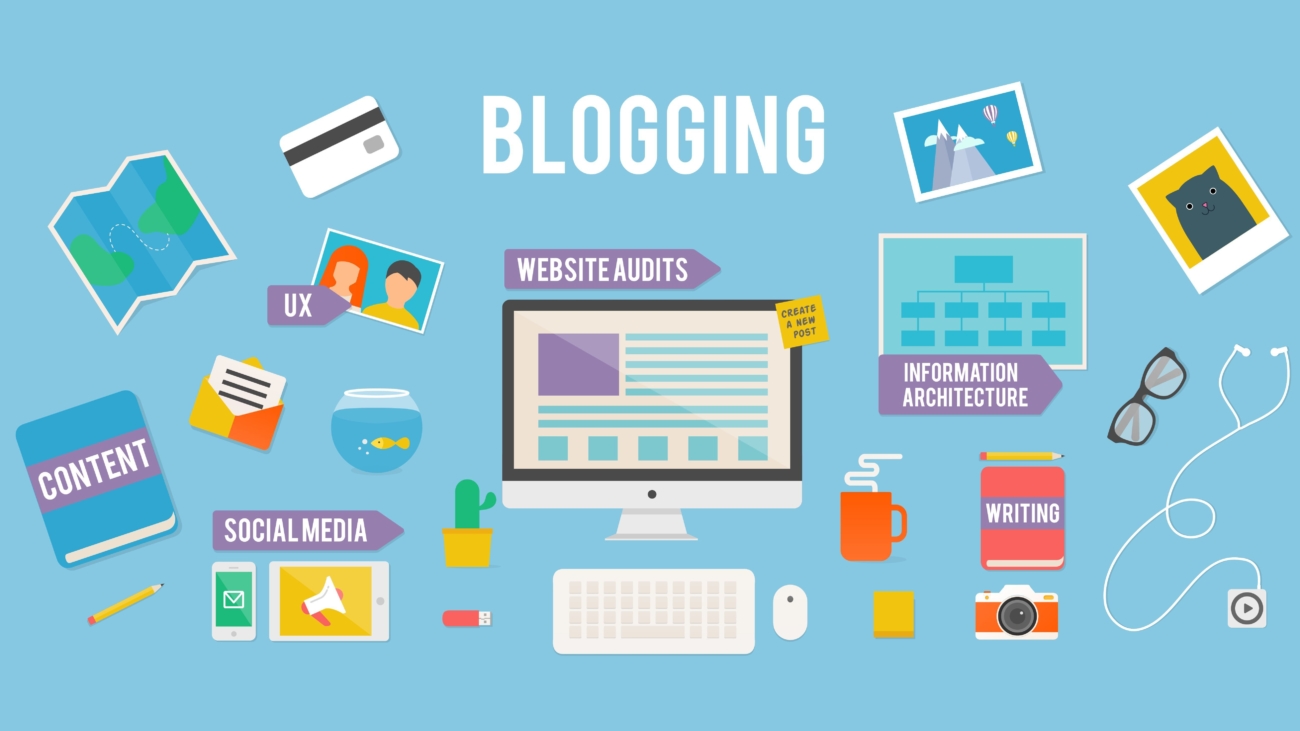 Long gone are the days when blogging was considered the hobby of teenagers and enthusiasts. Today, a blog is a critical element in a company’s online strategy. When it comes to joining the blogosphere, however, many companies still consider blogging a nicety, rather than a must.
Long gone are the days when blogging was considered the hobby of teenagers and enthusiasts. Today, a blog is a critical element in a company’s online strategy. When it comes to joining the blogosphere, however, many companies still consider blogging a nicety, rather than a must.
You’ve heard it time and time again: “you should start a blog.” “You need to start a blog.” “A blog will really help with your online lead generation and conversion.” But, the thought of starting a blog and generating content is overwhelming, right?
Many agencies and companies don’t blog because they’re unable to see the return on investment. Blogging, after all, takes time and resources. This, along with an aversion to writing and the ambiguity surrounding topics to write about, keeps companies from beginning.
Yaro Starak, founder of entrepreneurs-journey.com and one of the world’s leading bloggers, confirms that the benefits far outweigh the disadvantages, especially when you build a solid readership. The biggest challenge you face when you start is wondering if you’re writing to anyone or if anyone is even reading.
If you’re a well-established real estate agency that has a web presence, you can rest assured that people are reading. Your initial readers will be your existing audience, but your blog will multiply your current traffic because it will rank higher in search engines than a static website.
There are many real estate agencies that are eye-catching, organized, and excellent for providing information to buyers and sellers, however, they’re only useful when those buyers or sellers come looking for information. A blog is an excellent conversion tool, attracting new people and getting them to take action.
Many agencies and small businesses don’t see how a blog leads to getting customers. A blog is a way to begin a dialogue with your customers and readers. It helps you communicate, educate, and presell the products and services you offer.
The key to blogging, according to Starak, is establishing a pattern of creating content. If you’re struggling with content ideas, a great place to start is to keep up with your industry, localise the information, then share your opinion.
Starak also points out how simple it is for agencies to take advantage of video. He notes that real estate agents today should use a blog as a video distribution platform. Use YouTube and take advantage of all of its offerings, but place the video on your business blog as well. Starak mentions that cutting-edge agencies have real estate agents who take their iPhone and give a virtual tour of their properties for sale, using an agency branded intro and outro. This adds visual representation that goes beyond pictures.
A blog, especially with video posts, builds rapport. One thing that hasn’t changed given the new online era we live in is the fact that people still make decisions based on rapport.
An agency blog doesn’t have to consist of hours upon hours of writing, keeping an agent away from his or her task of listing and selling properties. It can consist of short and strategic content with video posts sprinkled throughout to spice it up. Remember to keep the focus of your blog local, because no one knows your areas like you do.
You can certainly create a cost-effective blog that benefits your Google ranking and increases your online lead generation.
So, the question becomes not should you blog, but how should you start your blog? Kick off your blog with these 7 steps and create quality content that generates and converts leads.
7 Steps to Creating a Successful Blog
1. Start a blog and Add Content
The very first step in blogging is to get a blog and add some content to it. If you’re unsure what content to share, write a blog post for every property listing you have.
2. Plan a Content Schedule
Create a schedule based on how often you will post. Next, consider the content format—video, pictures, and text. Decide how often you’ll post each format. Most importantly, determine who will create the content and do the posting.
3. Create Regular Video Content
Face-to-face communication helps build rapport. Get in front of the camera and talk regularly about the local industry, upcoming events, and the properties you have.
4. Share Case Studies and Testimonials
Customer reviews and testimonials from happy customers can have a huge positive impact on your business. Interview clients after a sale or after you’ve helped a buyer find a home; it can be as easy as grabbing your iPhone and recording a 30-second video.
5. Showcase Pictures
Don’t just write. Your blog shouldn’t be text only, but should feature pictures of your properties. You need a visual element to your blog, because you’re selling a visual product.
6. Post Content in the Morning
Get your content up before 10a.m. (the peak hour when readers peruse blogs). 79% of readers are more likely to read your blog during the morning, because that’s when they’re up and perusing content.
7. Report Others’ Content
Content curation is something even the professionals do. Create a reputation for posting quality content, tell your readers where you found it, and it won’t be a big deal whether you wrote it or not.
Once you’ve created a blog, don’t forget to promote it on your social media platforms.



 It can be quite a challenge to know how to a balance your profile so it doesn’t come across too strong within your networks. You want to portray your success but not come across as if you are boasting and putting others down within your network.
It can be quite a challenge to know how to a balance your profile so it doesn’t come across too strong within your networks. You want to portray your success but not come across as if you are boasting and putting others down within your network.